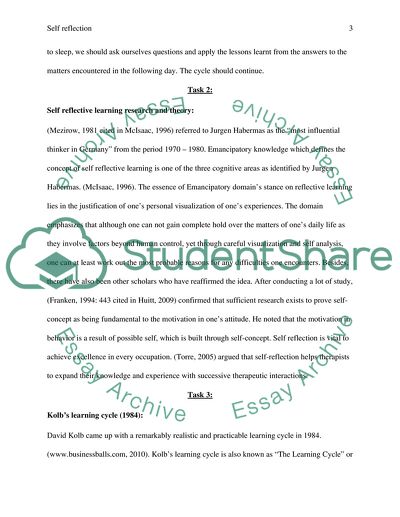Cite this document
(The Significance of Self Learning Personal Statement, n.d.)
The Significance of Self Learning Personal Statement. Retrieved from https://studentshare.org/education/1739602-self-reflective-learning
The Significance of Self Learning Personal Statement. Retrieved from https://studentshare.org/education/1739602-self-reflective-learning
(The Significance of Self Learning Personal Statement)
The Significance of Self Learning Personal Statement. https://studentshare.org/education/1739602-self-reflective-learning.
The Significance of Self Learning Personal Statement. https://studentshare.org/education/1739602-self-reflective-learning.
“The Significance of Self Learning Personal Statement”, n.d. https://studentshare.org/education/1739602-self-reflective-learning.


